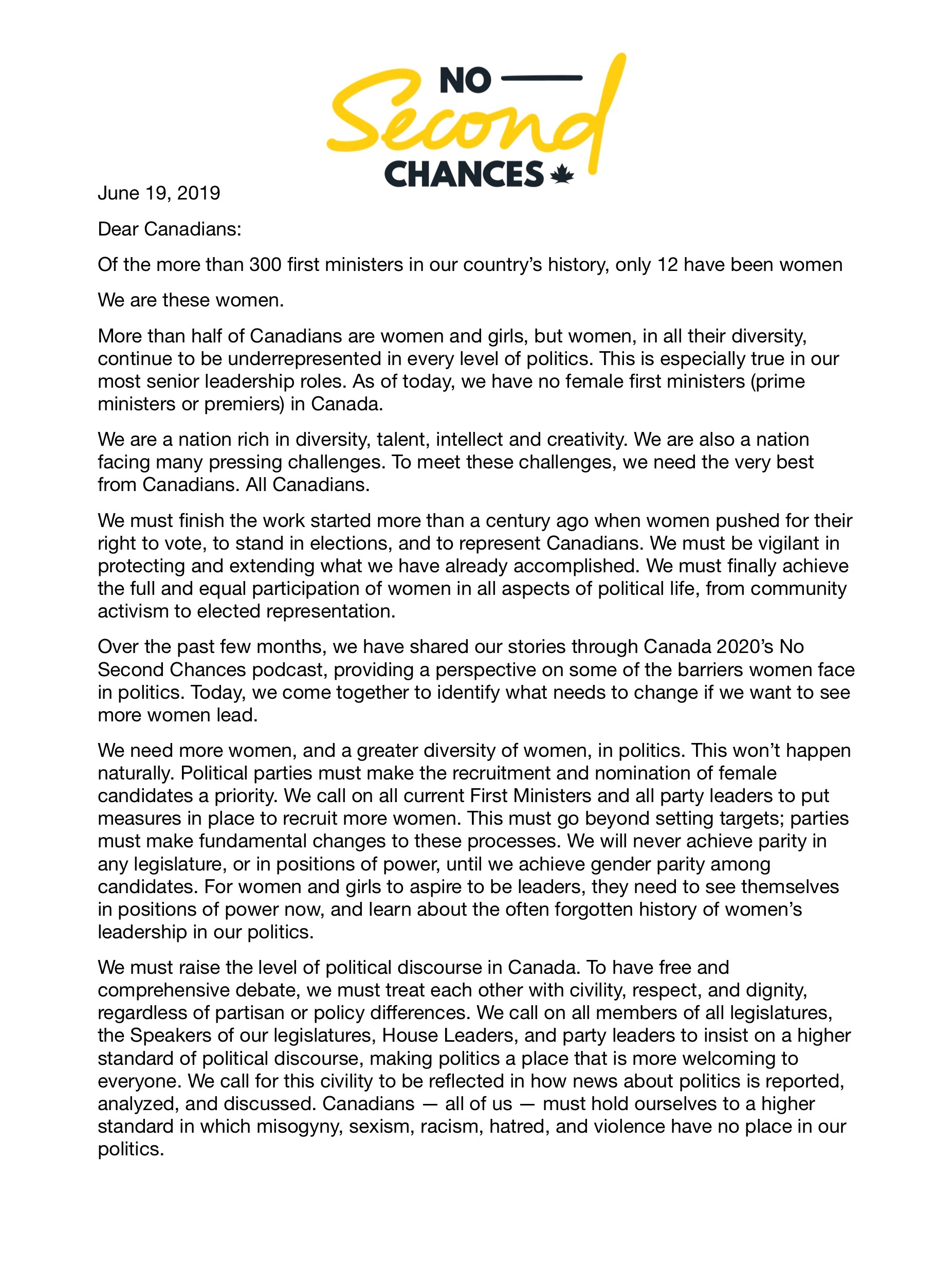
Early Life, Education and Career
Nellie Cournoyea was raised travelling and hunting along the Western Arctic coastline. Her father was a trapper and immigrant from Norway; her mother was an Inuvialuit woman from Herschel Island, Yukon.
In the late 1940s, Cournoyea attended residential schools for a brief period and later took Alberta correspondence courses provided by the Aklavik Federal Day School from her family’s bush camp. During the 1960s, Cournoyea worked for CBC Radio at Inuvik, Northwest Territories, as an announcer and regional manager.
COPE and Land Claims
In 1969, Nellie Cournoyea co-founded, with Agnes Semmler, a Loucheux Métis, the Committee for Original People’s Entitlement (COPE) to act as a political organization to speak for the Inuvialuit. Subsequently, COPE and Cournoyea played active roles in negotiating the final settlement of the Inuvialuit land claims in 1984.
In the 1970s, Cournoyea also worked as a land claims field worker for the organization now called Inuit Tapiriit Kanatami.
Legislative Career
Nellie Cournoyea was first elected to the legislature of the Northwest Territories in 1979 as a member for the Western Arctic riding, and then for the Nunakput riding. She held numerous cabinet portfolios, including health and social services and energy, mines and resources. In November 1991, she became the first Indigenous woman to lead a provincial or territorial government in Canada.
As leader, Cournoyea was particularly concerned with streamlining the territorial administration, shifting more responsibility to community leaders. She played a key role in negotiations leading to the Nunavut Land Claims Agreement. Cournoyea retired from politics after her one term as government leader.
Chair, Inuvialuit Regional Corporation
Following her retirement from politics, Nellie Cournoyea became chair and chief executive officer of the Inuvialuit Regional Corporation (IRC). The IRC was established in 1984 in the wake of the Inuvialuit Final Agreement (IFA), a comprehensive land claim agreement signed between the Inuvialuit and the government of Canada. The IRC represents the collective interests of the Inuvialuit, particularly in dealings with government, and manages the settlement established in the IFA. Cournoyea served nine consecutive terms as IRC chair between 1996 and 2016. After 20 years as chair, she decided not to run for re-election.
Ongoing Community Involvement
Nellie Cournoyea is a founding member of the organization now known as the Northern Games Society, which encourages the practice and promotion of traditional Indigenous games. She has also served as a board member of the Ingamo Hall Friendship Centre, which is an organization in Inuvik that aims to assist Indigenous youth in the town and also functions as a community hall.
Cournoyea has been a member of the Nutrition North Canada Advisory Board since 2010 and currently serves as chair. She is also a member of the selection committee for the Arctic Inspiration Prize and was a founding member of the Aboriginal Pipeline Group. Cournoyea has served in a number of other leadership roles in Indigenous organizations, including the Inuvialuit Petroleum Corporation and the Inuvialuit Development Corporation.
Women and Politics
In 2019, Nellie Cournoyea participated in No Second Chances, a special project by Canada 2020, an independent think tank. The project included interviews and podcasts with the 12 women who have served as first ministers — 11 premiers and Canada’s only female prime minister to date, Kim Campbell. On 19 June 2019, these former first ministers released an open letter to Canadians, emphasizing the importance of women’s participation in politics. “Until we achieve the full and equal participation of women in politics, we will not reach our full potential as a nation.”

An Open Letter from Canada’s Female First Ministers
On 19 June 2019, Canada’s 12 female first ministers released an open letter to Canadians emphasizing the importance of women’s participation in politics. (This is page 1 of that letter.) The former first ministers were part of No Second Chances, a special project by think tank Canada 2020.
(No Second Chances/Canada 2020)
Personal Life
Nellie Cournoyea has two grown children, John and Maureen. In her varied roles, she continues to support Indigenous rights, land claims and economic development in the North.
Awards and Honours

Nellie Cournoyea has won several awards and honours from various institutions, including:
- Woman of the Year Award, Northwest Territories Native Women's Association (1982)
- Wallace Goose Award, Inuvialuit Regional Corporation (1986)
- National Aboriginal Achievement Award (1994)
- Honorary Doctor of Laws degrees from Lakehead University (1995), Carleton University (1996), University of Toronto (1996), University of Lethbridge (2001) and University of Alberta (2004)
- Energy Person of the Year, Energy Council of Canada (2004)
- Aboriginal Business Hall of Fame (Lifetime Achievement Award), Canadian Council of Aboriginal Business (2008)
- Northern Medal, Governor General of Canada (2008)
- Officer, Order of Canada (2008)
- Member, Order of the Northwest Territories (2016)
- Commemorative Stamp, Canada Post (2023)
In 2013, an Arctic research facility at the University of Manitoba was named after Cournoyea.

 Share on Facebook
Share on Facebook Share on X
Share on X Share by Email
Share by Email Share on Google Classroom
Share on Google Classroom